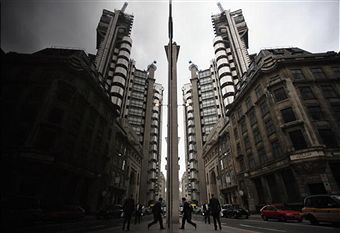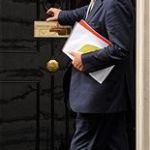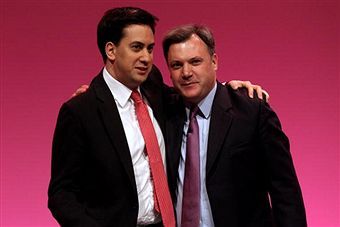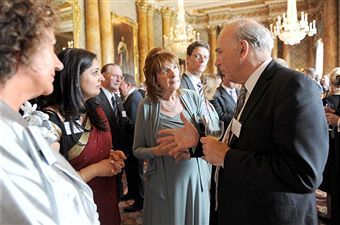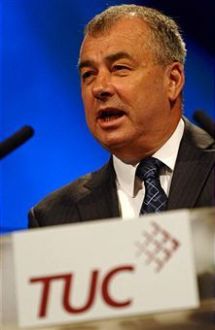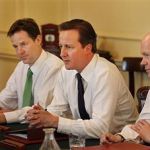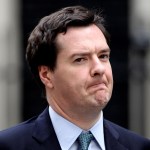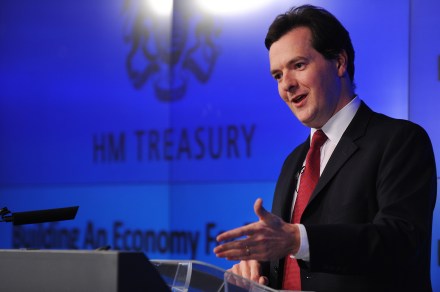Reforming the regulators
We all know that the state grew enormously under thirteen years of Labour government. The most obvious manifestation of this was public spending – an increase of 60 percent in real terms took Britain from having one of the lowest levels of government spending in the OECD in 2000 (36.6 percent of GDP) to having one of the highest in 2010 (52.5 percent of GDP). But while reducing spending is clearly the most pressing issue facing the coalition government, we should not overlook another area where the state has grown dramatically: regulation. The British Chambers of Commerce’s ‘Burdens Barometer’ estimates that net cost of major regulations passed since 1998 is
